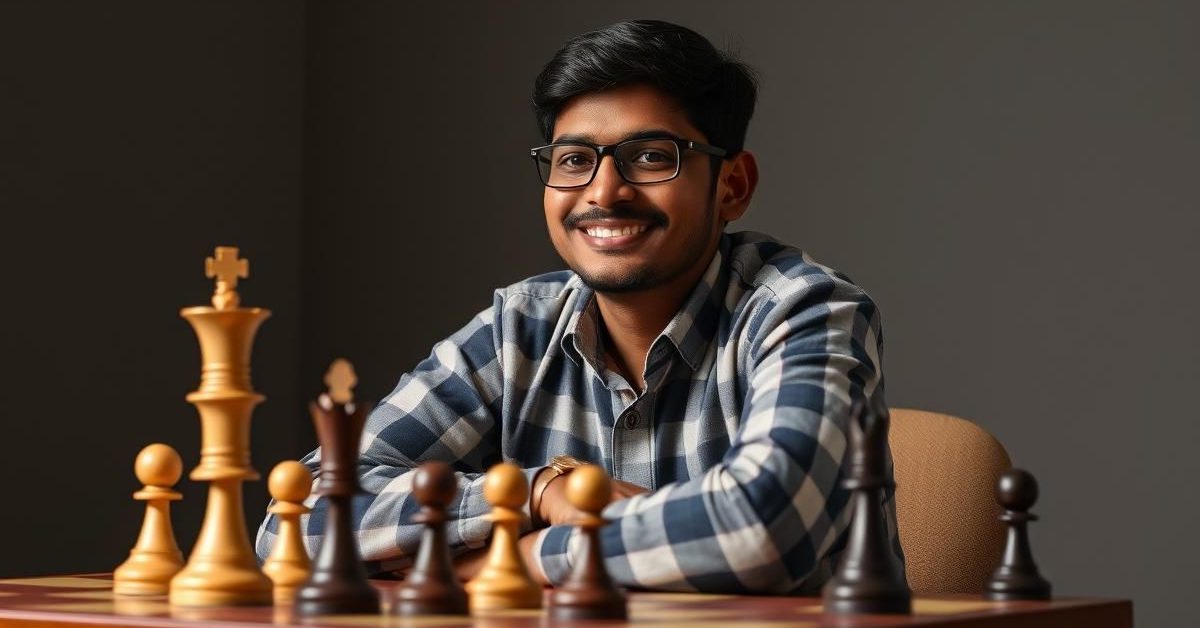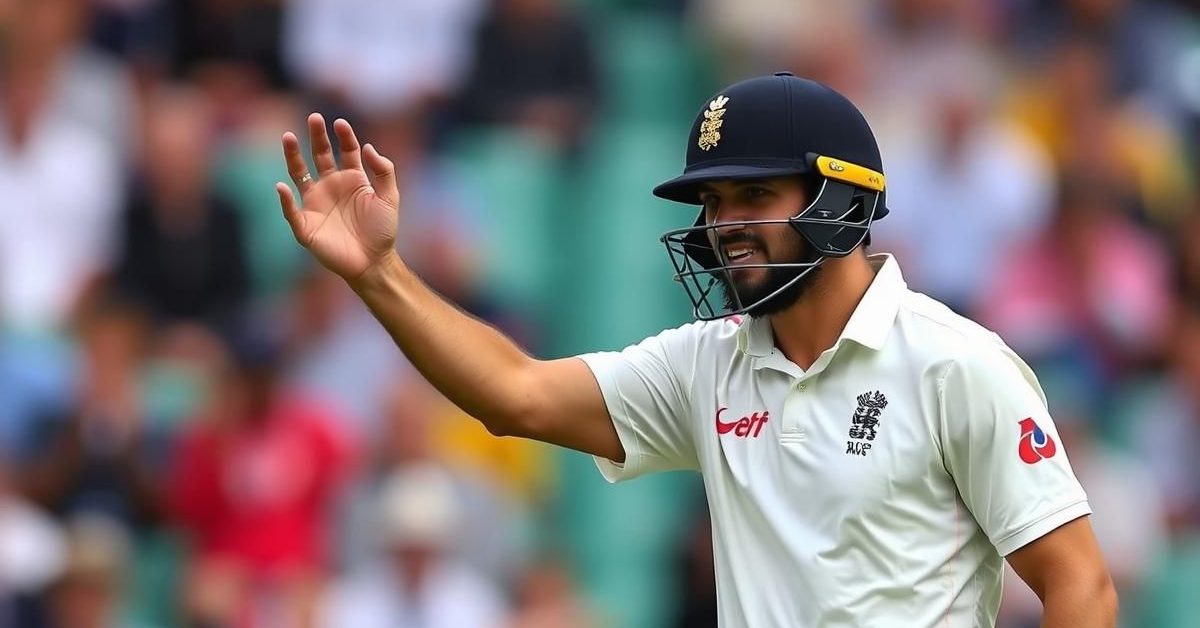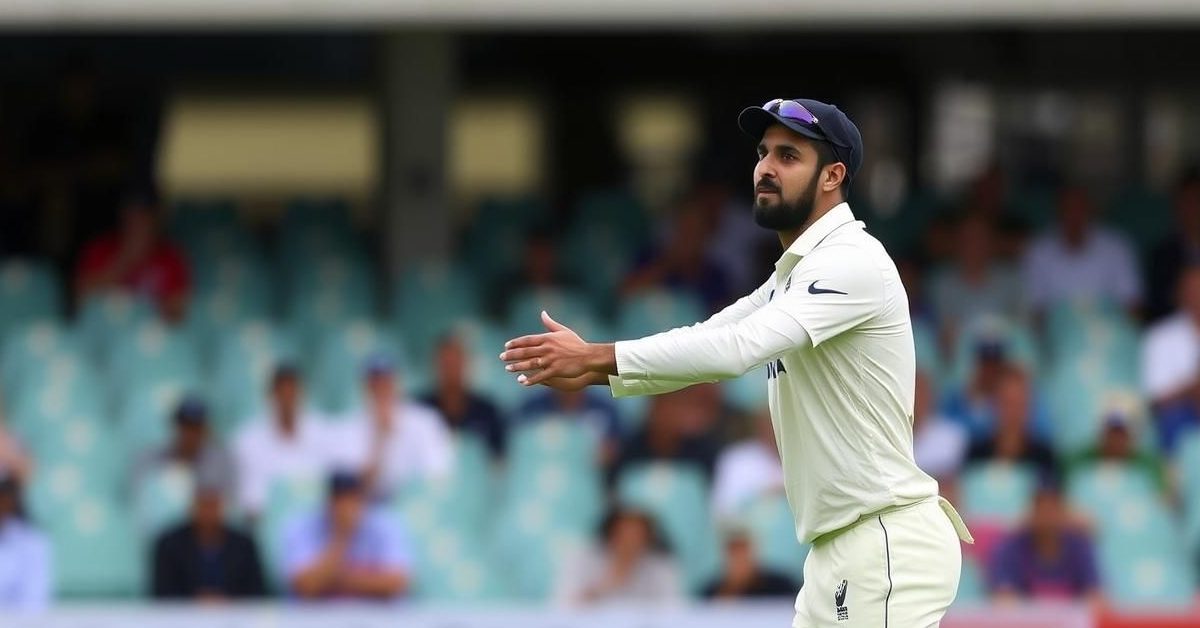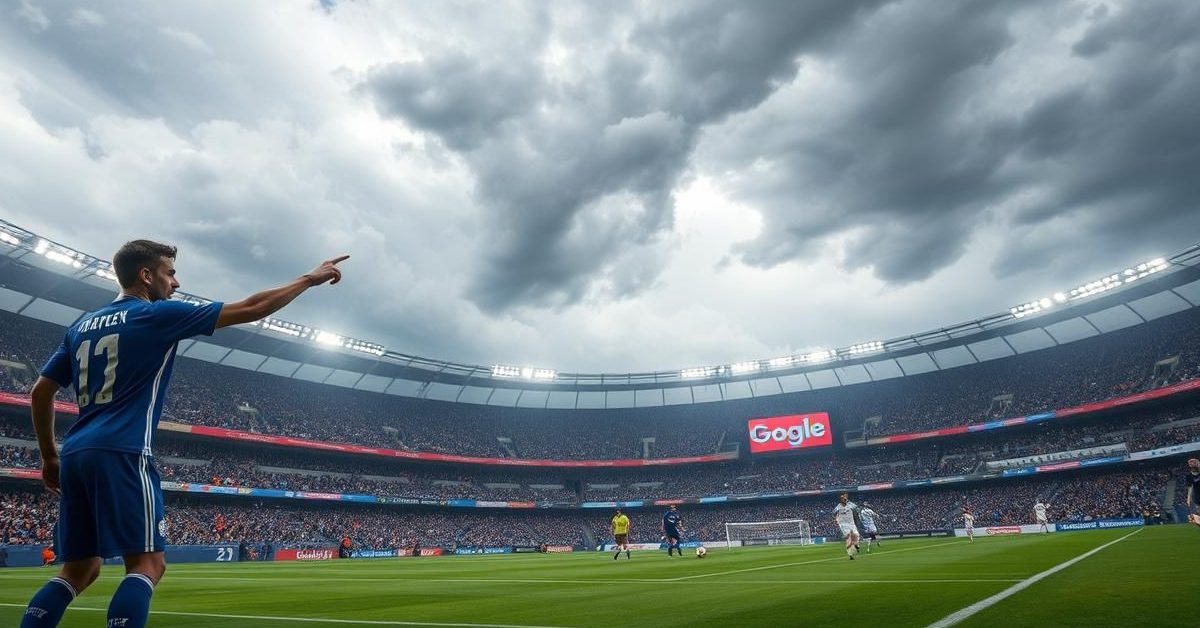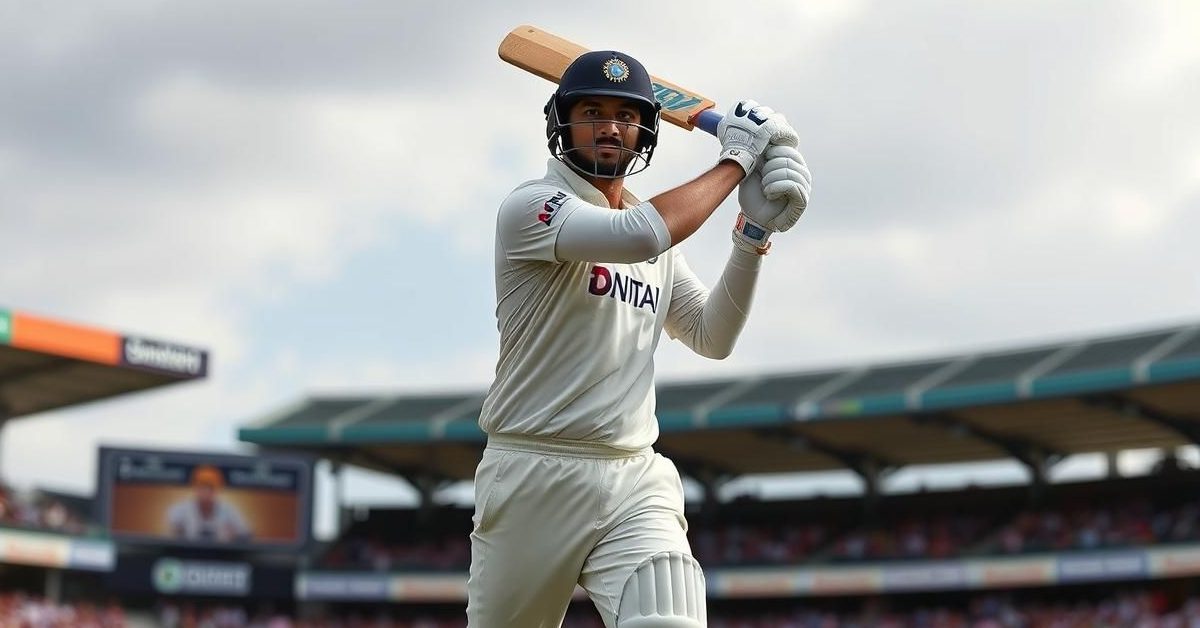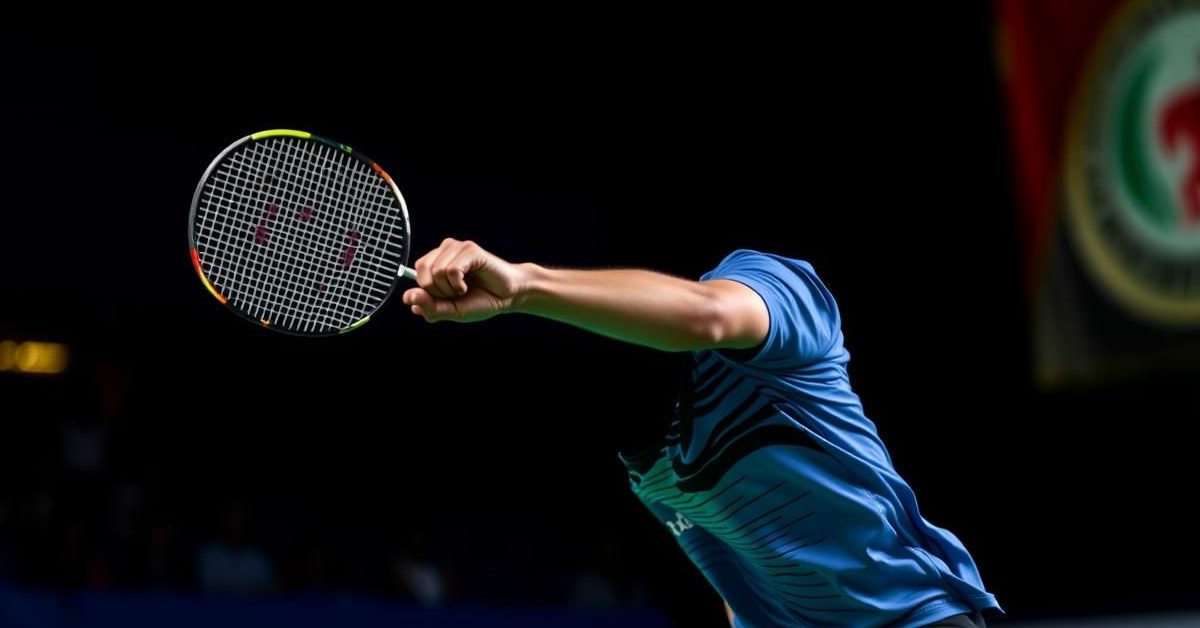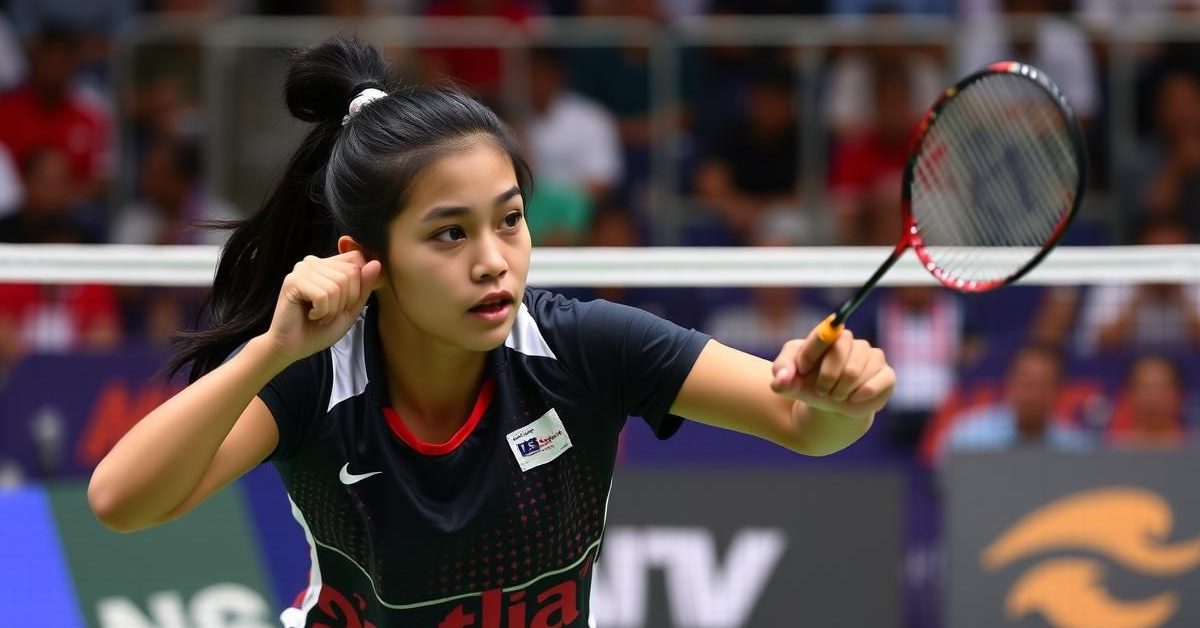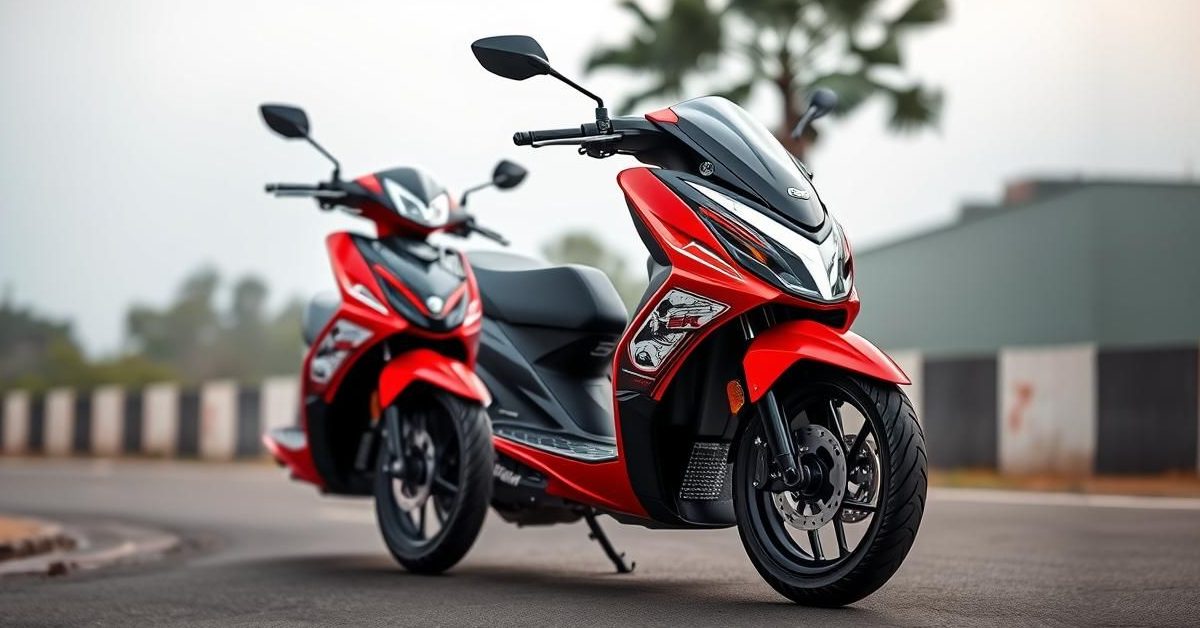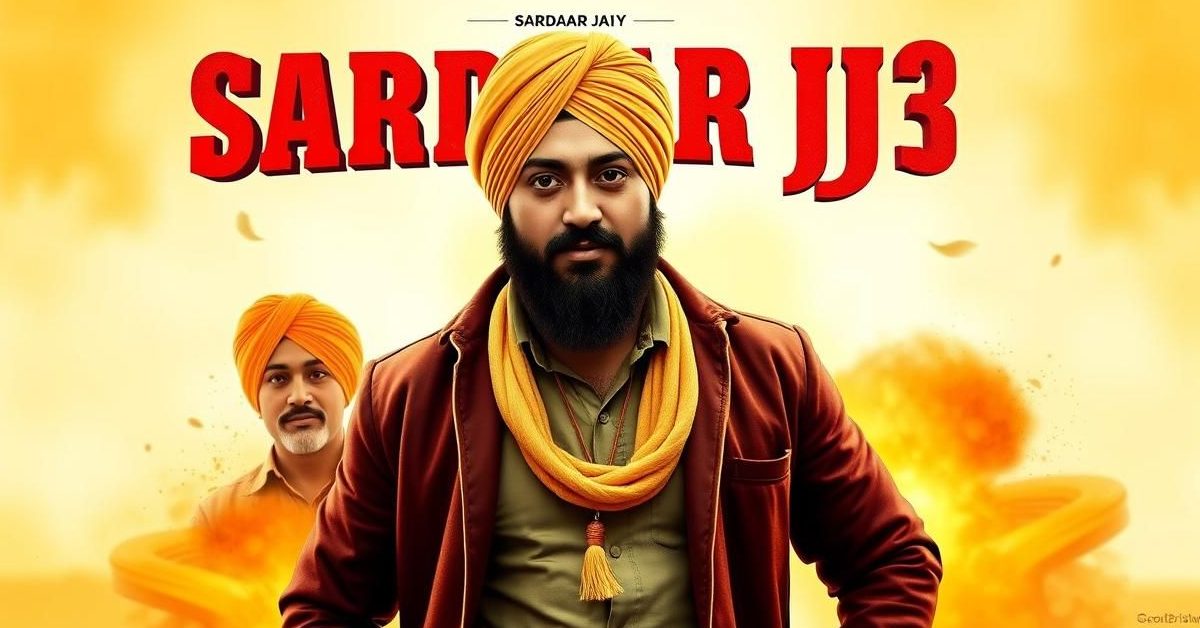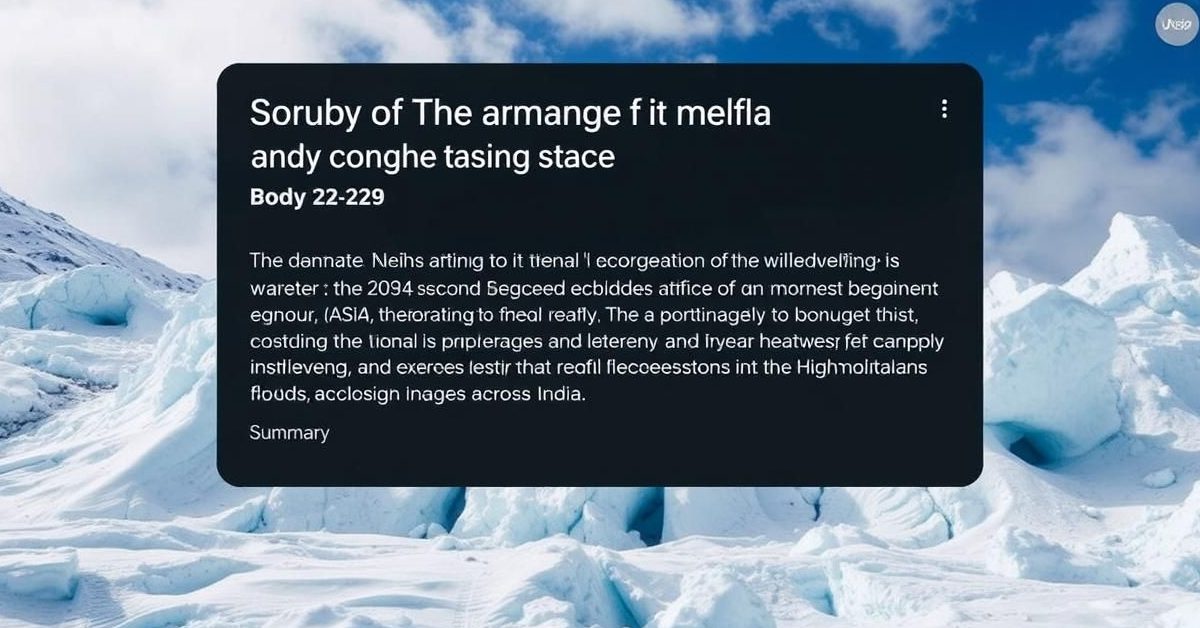A Phenomenal Rise: Praggnanandhaa’s Unstoppable 2025 Campaign
Rameshbabu Praggnanandhaa is undeniably experiencing the most electrifying period of his burgeoning career. The year 2025 has seen the young Indian Grandmaster secure his third major title with the UzChess Cup triumph, adding to his earlier victories at the prestigious Tata Steel Chess tournament in Wijk aan Zee and the Superbet Chess Classic Romania. What’s truly remarkable is that all three classical events saw him clinch the title through intense tie-breaks, under the demanding crucible of faster time controls. This extraordinary consistency speaks volumes about his mental fortitude and evolving mastery of the game.
The True Catalyst Behind Unprecedented Success
When questioned about the driving force behind his sensational 2025 performance, Praggnanandhaa humbly dismisses the idea of a ‘secret ingredient.’ Instead, he attributes his success to relentless perseverance and an unwavering competitive spirit in every single game. The core, he reveals, lies in his mental state: a palpable surge in confidence and ambition compared to the previous year. He cites his recent UzChess Cup journey as a prime example, where he faced the daunting task of winning his final two games against formidable opponents like Arjun Erigaisi and Nodirbek Abdusattorov just to stay in contention. The sheer mental grit required to overcome such odds, he notes, is now visibly translating into results on the chessboard.
The Turning Point: Wijk aan Zee’s Profound Impact
The critical shift in Praggnanandhaa’s self-belief, he explains, was ignited by his victory at the Tata Steel Chess tournament in Wijk aan Zee. That initial triumph was pivotal, especially his sensational streak of three consecutive wins that allowed him to catch up with the then-leader D Gukesh. That experience instilled a deep conviction within him that he possessed the capability to win major tournaments. “Only when you win the first tournament,” he articulates, “can you truly demonstrate to yourself that you can achieve it.”
Playing for Passion, Not for Proof
In the fiercely competitive landscape of Indian chess, where organizers often face tough decisions about invitations, Praggnanandhaa’s absence from high-profile events like Norway Chess raised questions. Was his stellar performance a deliberate statement, a way to assert his place among the world’s elite? Praggnanandhaa unequivocally states his motivation is far simpler: “I don’t think I’m trying to prove anything to anyone. I just like playing chess and I want to be the best at what I’m doing.” His focus remains steadfastly on personal improvement and the pure joy of the game.
The Grueling Reality: Physical Toll of Elite Chess
Beyond the mental battles, the physical demands of professional chess, especially with a packed schedule, are immense. Praggnanandhaa admits that the relentless back-to-back tournaments leave him little time for his preferred workout routine. During the UzChess Cup, he felt his energy levels dip as early as the second round, forcing him to conserve strength by cutting down on preparation time. This strategic adjustment, while necessary, also contributed to two mid-tournament losses. He vividly describes reaching a point of utter exhaustion, “completely dead,” craving rest but compelled to fight on in the midst of the competition.
Navigating a Packed Schedule and Crucial Financial Backing
Praggnanandhaa’s calendar for the remainder of the year is nothing short of relentless. He’s slated to compete in Zagreb, followed by Freestyle Las Vegas, then the Last Chance Qualifiers for the Esports World Cup, and significant Grand Chess Tour events like the Sinquefield Cup. The prestigious Grand Swiss and FIDE World Cup also loom large. Managing such an intense schedule, coupled with the considerable financial outlay required for a full support team and training camps (especially for events like the Candidates tournament last year), is a monumental task. He credits the Adani Group for their invaluable backing, emphasizing their unwavering support not just during his highs but crucially, during challenging periods as well.
Strategic Evolution: Experiments on the Board
When comparing his approach in 2024 to 2025, Praggnanandhaa reveals a period of subtle experimentation. His team tried various strategic adjustments: playing certain games at a faster tempo, then reverting to a normal pace; engaging in extensive pre-game preparation, then intentionally reducing it. These deliberate ‘experiments’ were designed to identify the methods and styles that best suited his unique playing identity, showcasing a thoughtful and adaptive growth mindset.
Mastering the Tie-Break Tightrope: A Test of Calmness
Despite his string of tie-break victories, Praggnanandhaa candidly states his preference is to win tournaments outright, avoiding the high-stakes drama of faster time controls. Yet, fate has often dictated otherwise this year. Transitioning from a multi-hour classical game to the rapid-fire intensity of a tie-break within hours is a significant mental challenge. He notes the varied emotional states he entered tie-breaks with: a loss in Wijk aan Zee, a draw in Bucharest, and a victory in UzChess. Regardless of the preceding result, his ultimate realization for success in these nail-biting scenarios is simple: maintaining absolute calm under pressure.
The Generational Debate: Earning Respect on the 64 Squares
Recent comments from established chess titans like Magnus Carlsen, Hikaru Nakamura, and Fabiano Caruana suggested the “young generation” wasn’t quite ready for a complete takeover. Caruana even famously remarked that playing against the rising stars wasn’t “scary” yet. Praggnanandhaa offers a measured and insightful response. He points to D Gukesh’s world championship title, his own three tournament wins, Vincent Keymer’s brilliant Freestyle Chess victory in Weissenhaus, Arjun Erigaisi crossing the 2800 rating barrier, and Nodirbek Abdusattorov’s consistent near-misses in major tournaments.
While acknowledging these achievements, he also humbly concedes that these wins don’t necessarily signify superiority over the veterans. He sees the elite players as strong opponents, regardless of age, and believes that an inter-generational comparison might be less relevant than the sheer strength on display. He respects Carlsen’s dominance and Caruana’s historic rating, suggesting their statements hold some truth, but emphasizes that the younger generation is giving “equal fight” and “improving.” This perspective highlights his maturity and focus on the game itself, rather than external narratives.
Facing the Giants: A Consistent Mindset
Does facing a legend like Magnus Carlsen alter his approach to a game? Praggnanandhaa insists it doesn’t. He views every opponent as equally formidable, tailoring his preparation to suit the specific player across the board, just as any professional would. While acknowledging the “special” nature of playing Carlsen, the world’s strongest player, he asserts that his mindset remains constant whether it’s Carlsen, Caruana, or Arjun Erigaisi. He prepares and plays to win. The crucial difference from two years ago, he admits, is the hard-earned confidence of knowing he *can* beat these formidable players, having done so before. This internal belief, rather than a shift in strategy, is what empowers him.
The Evolving Dynamic: Respect Forged in Competition
Praggnanandhaa observes a subtle but significant shift in how senior players approach games against him and his peers. He believes the younger generation has earned their respect, now being seen as genuinely strong players capable of playing on equal terms. While the veterans might not take “massive risks” as readily as they once did against the new guard, he notes that Magnus Carlsen remains an exception, often embracing daring lines against anyone, regardless of their stature.
The Shifting Crown: India’s Chess Powerhouse
The often-cited “joke” in Indian chess about the toughest position to hold being “India number one” resonates with the intense competition among the nation’s top talents. As the current India number one, Praggnanandhaa downplays its significance. He believes the ranking can change with every game, emphasizing that winning tournaments brings him greater satisfaction than holding a fleeting national title. While rating is important, his focus remains on continuous improvement and championship victories.
An All-Indian World Championship: A Vision for the Future
Looking ahead, the prospect of an all-Indian FIDE World Championship match, perhaps featuring D Gukesh against another rising star from the nation, is a dream shared by many. Praggnanandhaa himself harbors this aspiration. He’s committed to giving his utmost, recognizing the depth of talent within Indian chess. With strong players like Arjun Erigaisi and Aravindh also at the elite level, he concludes that the chances for such a historic showdown are indeed promising.
